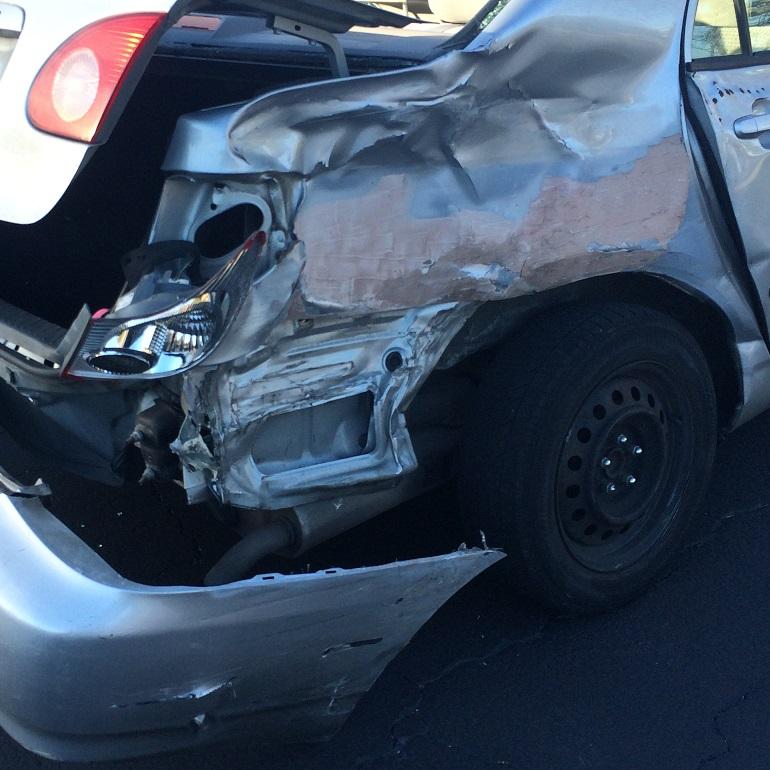- Free Initial Consultation: (954) 761-3641 Tap Here To Call Us
Florida Supreme Court: Insurers Can’t Unreasonably Delay

The Florida Supreme Court recently made it clear that auto insurance companies don’t have the right to ward off bad faith lawsuits after years of unreasonable delays, denials and non-response by paying the policy limits at the last minute.
In Fridman v. Safeco Ins. Co. of Ill., the court denied a bid by the insurer to assert it couldn’t have acted in bad faith because it did finally pay the insured. But bad faith by insurers can be revealed as much as much by the timing of the payment as the amount.
And in this case, the plaintiff – a man who was injured in a car accident by an underinsured driver – waited four full years to get a check from the insurance company. And even then, it came with settlement agreement language that effectively barred him from taking further action to collect anything further. He refused to accept it, and it was another six months before the insurer sent him another check with no such language.
But by that time, plaintiff was set on pursuing a bad faith insurance action. In Florida, people can file either a first- or third-party lawsuit against insurance companies for delaying or denying reasonable claims for benefits under the policy. If the court finds the insurer was liable for the underlying claim and acted in bad faith toward the insured, it can be made to pay triple damages. That’s not three times the policy limit – that’s three times the actual damages.
It’s supposed to serve as a powerful incentive for insurers to treat customers fairly. Unfortunately, many still try to get away with it, hoping the insured will simply settle just to get it over with. But Fort Lauderdale car accident lawyers know this case shows why fighting back can be worthwhile.
According to court records, plaintiff suffered injuries as a result of an auto accident caused by the negligence of an underinsured driver. After the accident, he filed a claim with his own insurer for the limits of his underinsured motorist policy.
By October 2008, plaintiff filed a Civil Remedy Notice as required by law, alleging the company failed to attempt a good faith settlement of his claim. He received no response within the statutory 60 days, so in April 2009, he filed a lawsuit against the company seeking to determine liability under the policy.
In February 2010, plaintiff filed a notice of proposed settlement for the policy limits of $50,000. However, the insurer didn’t respond and the court after 30 days deemed the settlement rejected.
Trial was set for March 2011. A month before the trial date, insurer submitted a check for $50,000, stating on the check it was a full and final settlement of all claims. Plaintiff rejected this offer and insurer requested a continuance, which trial court granted.
Six months later, before the rescheduled trial, insurer submitted a new check with no settlement language. However, it did contain a “confessed judgment,” arguing it should not be held in bad faith. Plaintiff rejected this, asserting a jury should decide how much the insurer should pay under a future bad faith claim.
At trial, jurors determined the other driver was 100 percent responsible for the crash and the insurer was liable to pay the $1 million in damages.
Insurer sought a new trial, which was denied. Insurer appealed, and the verdict was reversed, finding the confession of judgment should have settled the claim and made the UM claim moot.
The Florida Supreme Court, however, quashed that ruling. Ultimately, the court determined that the insured was entitled to a determination of liability and the full extent of his damages in the UM case before he was forced to pursue a first-party bad faith claim.
Call Fort Lauderdale Injury Attorney Richard Ansara at (954) 761-4011. Serving Broward, Miami-Dade and Palm Beach counties.
Additional Resources:
Fridman v. Safeco Ins. Co. of Ill., Feb. 25, 2016, Florida Supreme Court
More Blog Entries:
Researchers: Economic Improvement Tied to Uptick in Traffic Deaths, Feb. 10, 2016, Fort Lauderdale Accident Lawyer Blog













